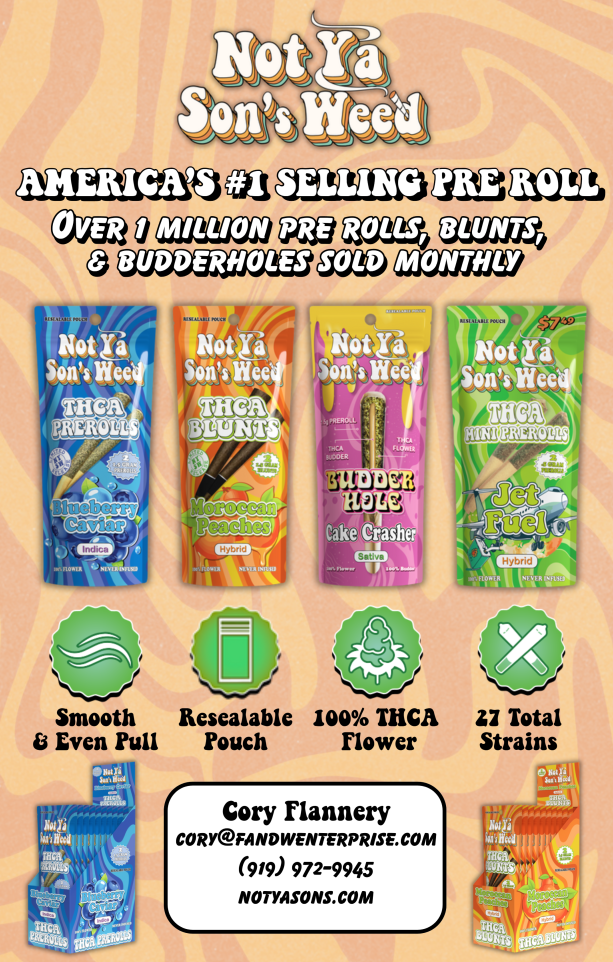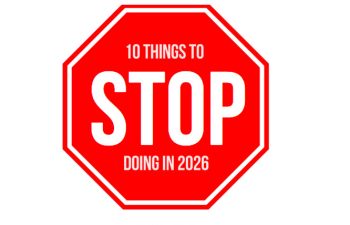Nicotine Tax Could Cripple Vape Industry
The e-cigarette and vaping industry in the U.S. is worth over $6 billion. And the government wants a bigger piece of that pie to help fund their massive $1.75 trillion social spending bill.
The most recent version of Democrats’ Build Back Better Act spending bill leaves tobacco taxes untouched, while imposing heavy taxes on e-cigarettes and vapes.
Cigarettes are currently subject to a federal tax of about $1 per pack of 20. The proposal before Congress would tax vaping e-liquids at a rate of $50.33 per 1,810 milliliters of nicotine or about $1.10 per pack-equivalent for pods and disposables. That’s a 25% increase on current prices before tax.
Many in the vape industry fear that, if implemented, the proposed tax could essentially double or triple the price of most bottled e-liquid, crippling the independent vaping industry and sending many vapers back to cigarettes.
FDA Doubles Down on Unsubstantiated CBD Claims
Watch your Ps and Qs and your CBDs because the FDA has reiterated that the agency will continue to monitor the marketplace and issue warnings to companies making unsubstantiated medical claims about their CBD products having therapeutic effects.
Grail Sipes, acting cannabis-product committee chair with the FDA, noted that the agency needs additional CBD research and safety data before it can be considered for uses beyond prescription drugs, such as a food additive or dietary supplement.
Meanwhile, Sipes said, it is unlawful for CBD to be used as an ingredient in human or animal food, as a dietary supplement and to be sold in interstate commerce.
“FDA’s approach … with respect to these products has been the same as it’s always been – evidence based and data-driven,” she said.
Heating Coils May be Responsible for Toxic Vape Carts
The use of certain portable vape cartridges may be associated with exposure to dangerous heavy metals, according to data published in the journal Chemical Research in Toxicology.
Investigators affiliated with a Washington state analytical laboratory analyzed aerosol mixtures produced from 13 commercially available electronic cannabis cartridges. Researchers identified the presence of heavy metals, including copper and nickel, in both vapor and in the oil itself. The authors identified various parts of the cartridges – including heating coils, wicks, metal cores, and mouthpieces – as the sources of the elemental emissions. A higher prevalence of metal contaminants was identified following the use of the cartridges’ heating mechanisms. Researchers identified decreased emissions of metal contamination when terpines were added to the liquid, but they did not offer any definitive explanation for this phenomenon.
Metal exposure over time has been linked to a variety of serious health concerns, including lung disease, brain damage, and cardiovascular disease.
Can Delta 8 Labels Be Trusted?
CBD Oracle, which reviews hemp-derived products such as CBD and delta-8, recently sent 51 different delta-8 products to a licensed testing center in Santa Ana, California to check if potency and other metrics on the label matched what’s contained in the products, reported Forbes.
Testing revealed that more than 75% of delta-8 THC products had inaccurate labels and that 77% contained less delta-8 than labeled.
What’s more, 76% had more than 0.3% delta-9 THC, making them federally illegal for sales at independent retailers.
Employers Dropping Drug Testing Requirements to Attract Workers
Staffing for businesses has gotten so challenging that some desperate employers are abandoning drug testing requirements, according to survey data compiled by the Manpower Group.
Pollsters surveyed over 45,000 employers throughout the US and Europe. Nine percent of respondents acknowledged that they had “eliminated job screenings or drug tests” to either attract or keep their employees.
Earlier this year, Amazon announced they would no longer engage in pre-employment cannabis screenings for its new hires, except for those in federally regulated positions.
In recent months, lawmakers in Nevada, New Jersey, New York, and Montana have enacted policies limiting employers’ ability to pre-screen applicants for past marijuana use. New York’s policy further limits employers’ ability to sanction current employees for their off-hours marijuana use absent evidence of “articulable symptoms of cannabis impairment.”
Females Dominate CBD Consumers
With consumer awareness of CBD and hemp products higher than ever, there’s plenty of opportunity for sales. Who is buying and what products are they spending on is becoming clearer. Recent data shows Gen Z females make up the majority of CBD users. Generation X makes up 28 percent of users, while boomers and seniors represent 26 percent. The most popular forms of CBD currently purchased at retail are:
- Edibles, such as gummies (36 percent);
- Topicals (32 percent);
- Tinctures (29 percent);
- Vaporizers/vape pens (22 percent); and
- Drinks (21 percent).




















